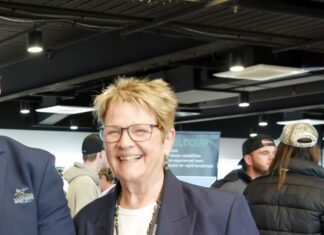Digital Edition
Subscribe
Get an all ACCESS PASS to the News and your Digital Edition with an online subscription
Tumby Bay names interim CEO
Tumby Bay District Council announced the appointment of Bridget Mather as its interim chief executive officer CEO.
Ms Mather, a seasoned local government professional,...








